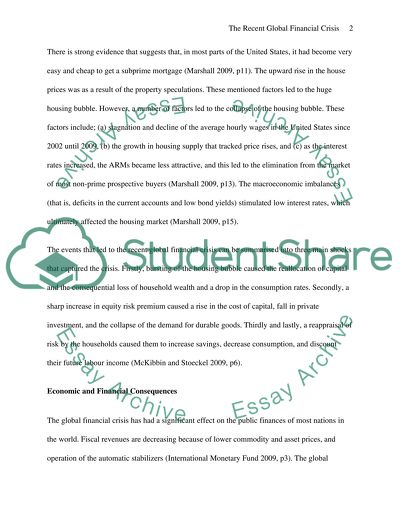Cite this document
(“Discuss and analyse the recent global financial crisis and consequent Essay”, n.d.)
Discuss and analyse the recent global financial crisis and consequent Essay. Retrieved from https://studentshare.org/finance-accounting/1446506-discuss-and-analyse-the-recent-global-financial
Discuss and analyse the recent global financial crisis and consequent Essay. Retrieved from https://studentshare.org/finance-accounting/1446506-discuss-and-analyse-the-recent-global-financial
(Discuss and Analyse the Recent Global Financial Crisis and Consequent Essay)
Discuss and Analyse the Recent Global Financial Crisis and Consequent Essay. https://studentshare.org/finance-accounting/1446506-discuss-and-analyse-the-recent-global-financial.
Discuss and Analyse the Recent Global Financial Crisis and Consequent Essay. https://studentshare.org/finance-accounting/1446506-discuss-and-analyse-the-recent-global-financial.
“Discuss and Analyse the Recent Global Financial Crisis and Consequent Essay”, n.d. https://studentshare.org/finance-accounting/1446506-discuss-and-analyse-the-recent-global-financial.


